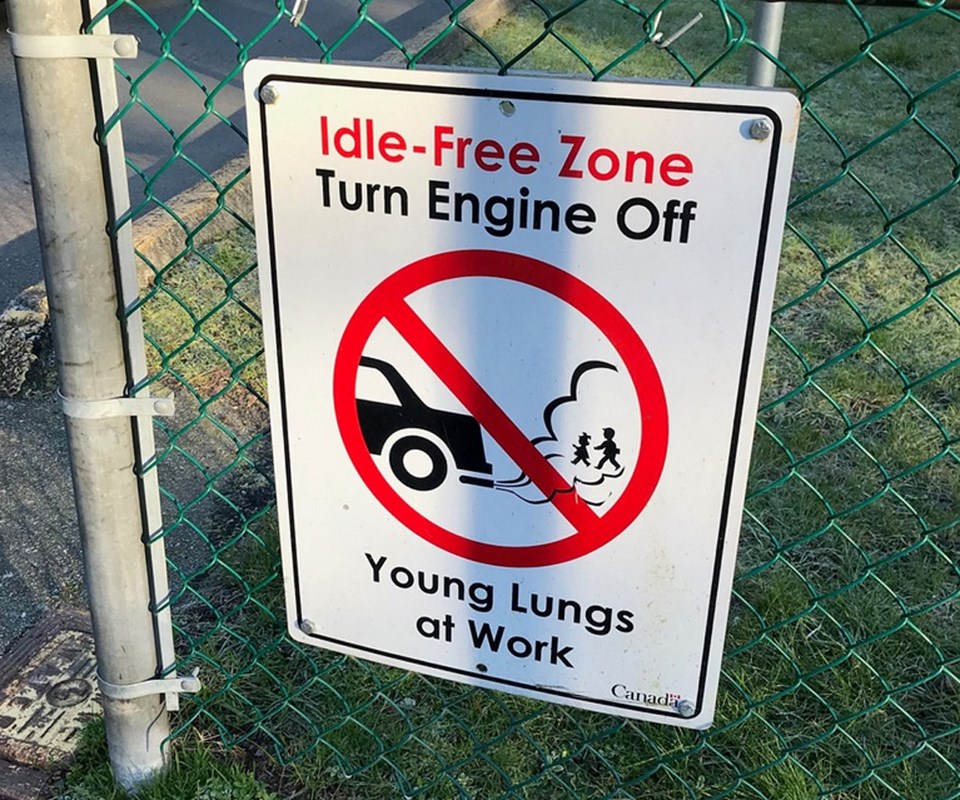The City of Delta now has new greenhouse gas targets in its Official Community Plan.
Council recently approved amendments to reflect targets approved earlier this year for Delta to have a GHG emission reduction target of 45 per cent below 2007 levels by 2030, and zero net emissions by 2050.
The reduction target would be consistent with the International Panel on Climate Change and Metro Vancouver's targets.
In 2010, the OCP was updated to add a section on climate change including a policy to reduce Delta's GHG emissions by 33 percent below 2007 levels by 2020 and 80 percent below 2007 levels by 2050.
A staff report notes Delta has reached its goal to reduce its corporate emissions by 2015 but, going forward, the city will be working toward remaining carbon neutral, increasing the use of renewable energy and updating its Climate Change Initiative.
“We will be looking at corporate actions, community actions and how we can adapt to climate change impacts. Where possible, we have improved the energy efficiency of our recreation centres, right-sized our fleet and switched to cleaner burning fuels like biodiesel,” the report notes.
“It will take a concerted effort by Delta, residents, businesses and all levels of government to achieve drastic reductions in community emissions. This includes making the necessary investments in the transportation system, the electrification of vehicles, ensuring new buildings are energy efficient and widespread retrofits of the existing building stock.”
Although Delta had an ongoing Climate Change Initiative, staff last fall were directed to explore what more can be done including engaging the community in dialogue on the Community Energy and Emission Plan to achieve a more drastic reduction of emissions.
Among the recommendations now being considered is an anti-idling bylaw.
The city also recently announced it will receive funding from Natural Resources Canada’s Zero-Emission Vehicle Infrastructure Program to help install 20 charging stations at public facilities across Delta.
The funding, equaling close to 50 percent of total project costs, will help build a community-wide expansion of electric vehicle charging stations, which are planned to be open to the public in 2021.



